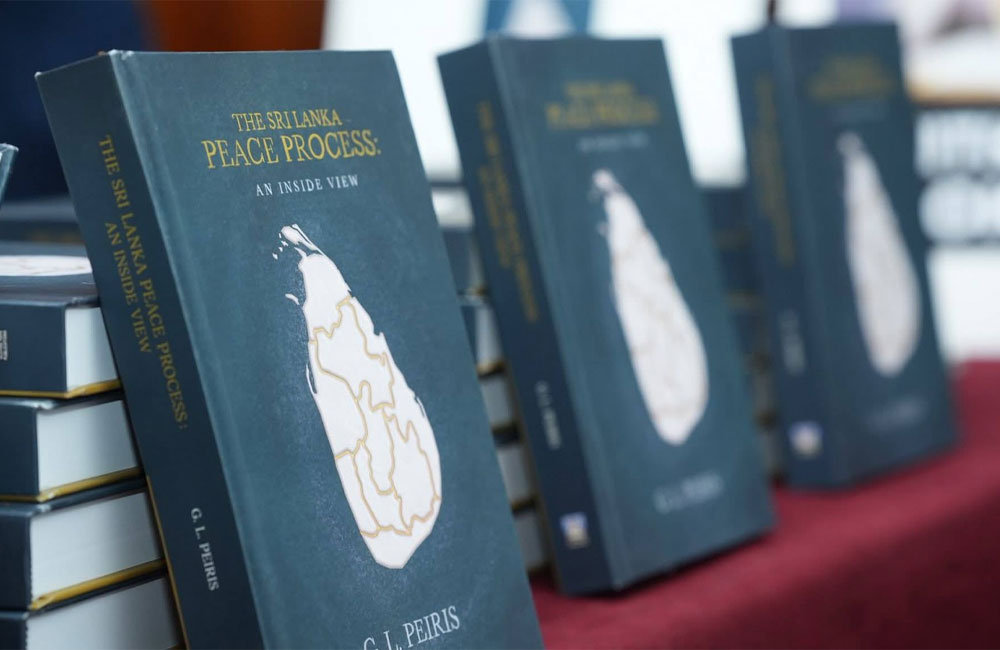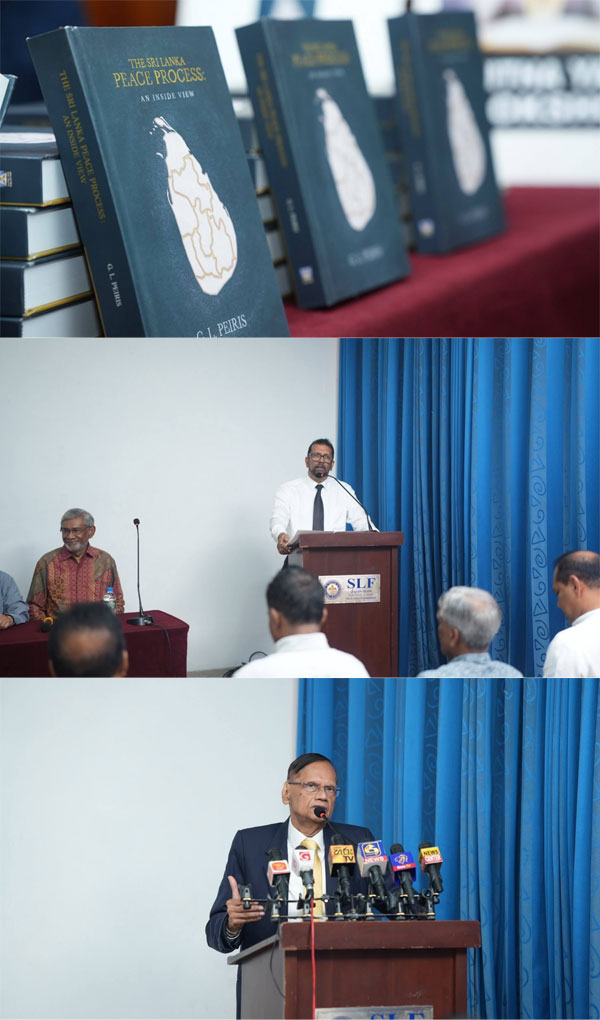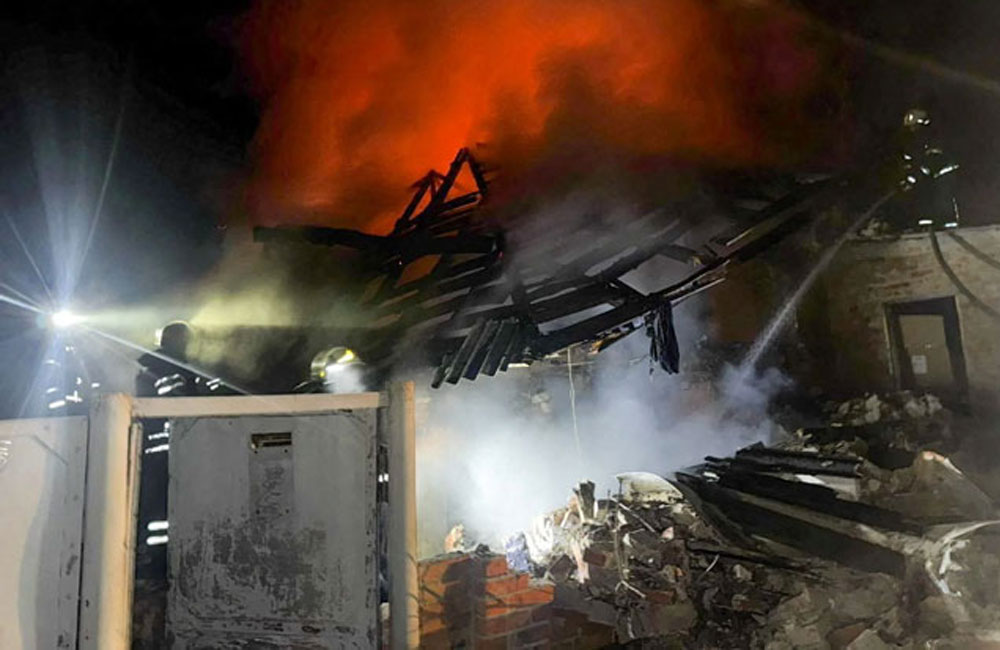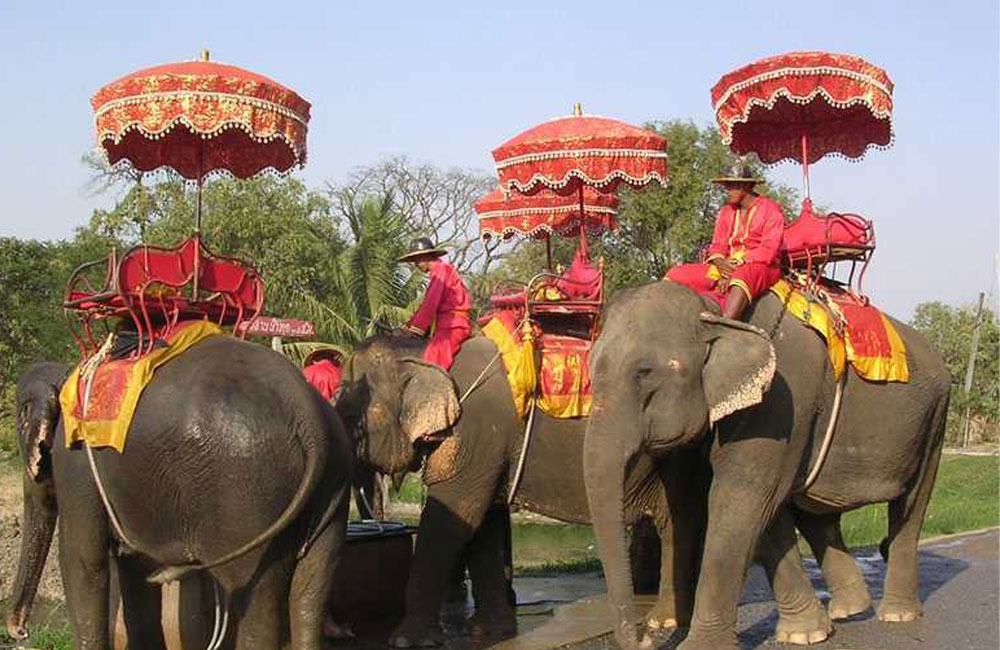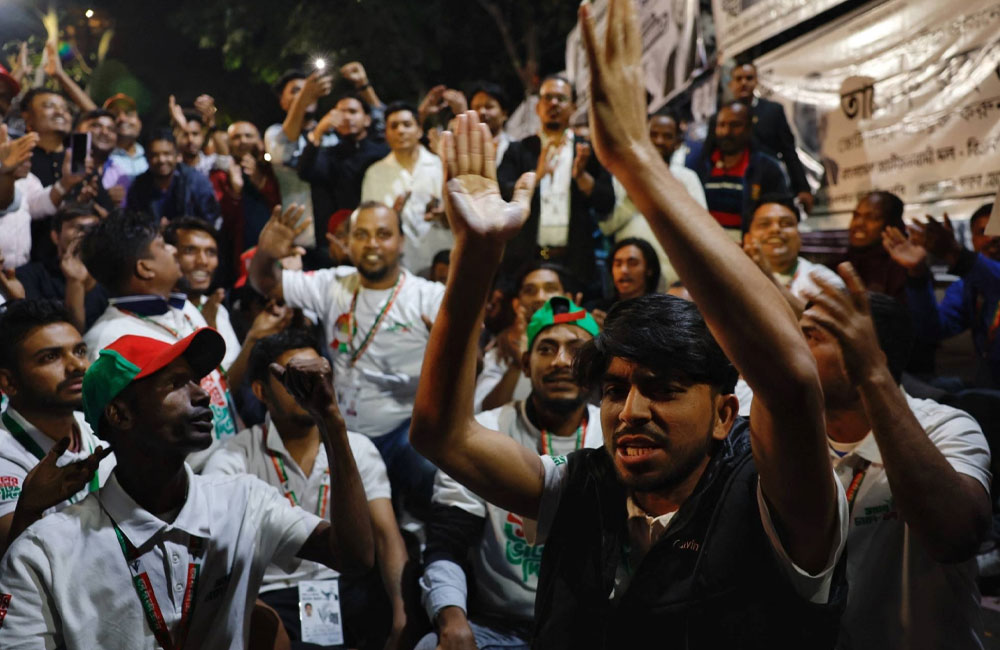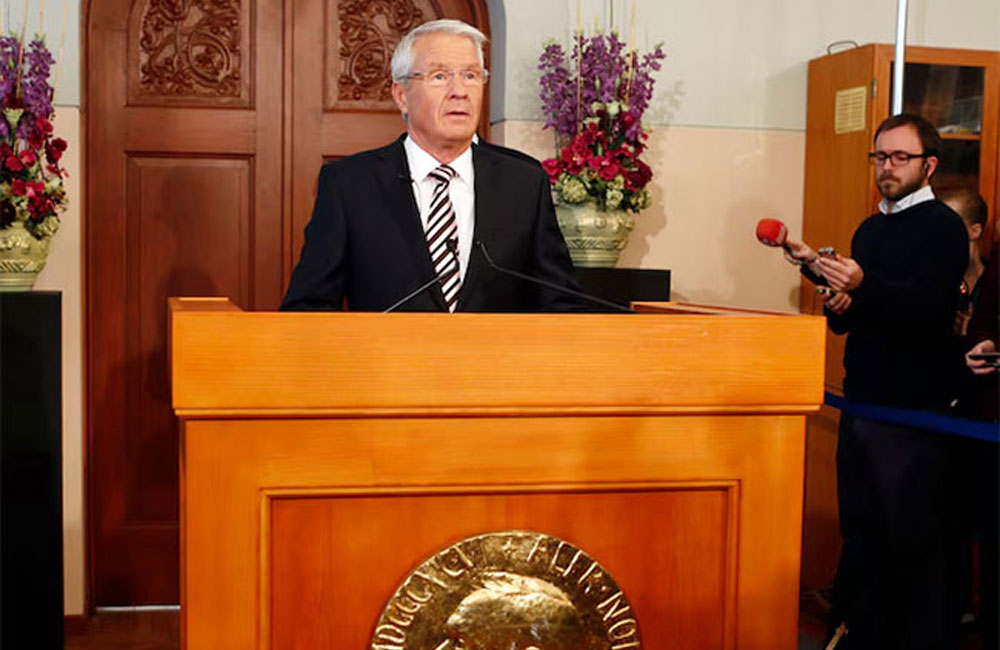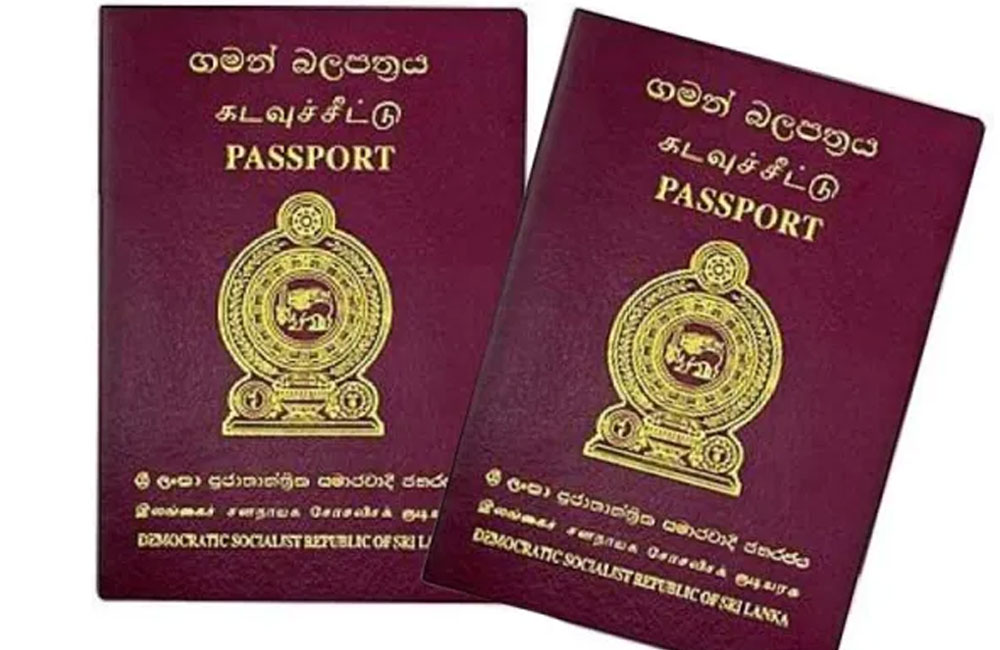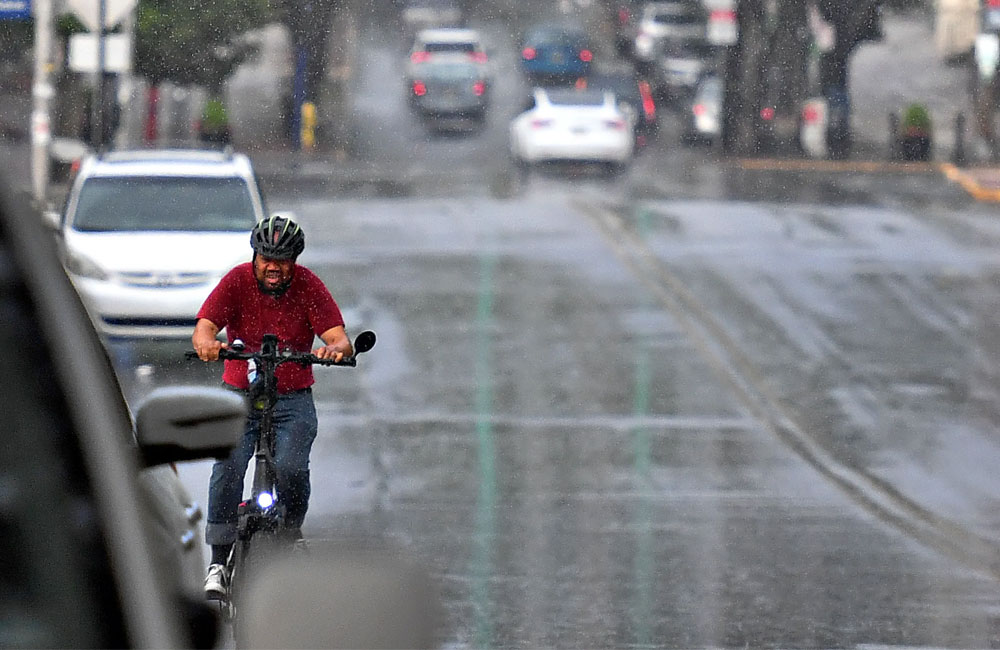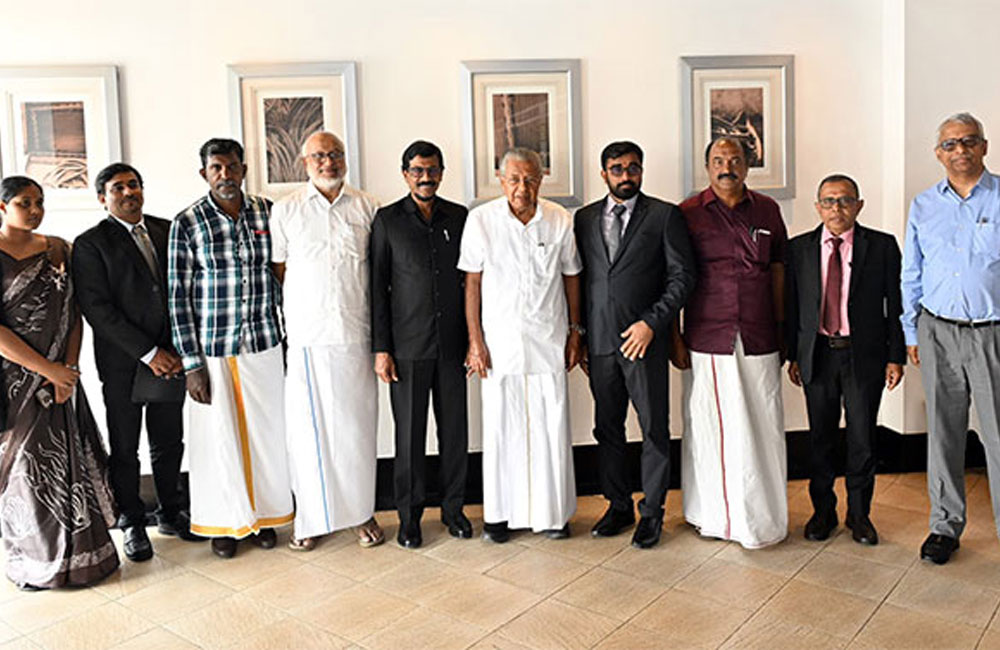Indonesia has officially banned elephant rides, bringing an end to the decades-long tourist activity that’s become synonymous with the tropical destination.
The historic move comes just three months after an explosive investigation by PETA Asia into Bali’s top elephant parks uncovered deeply unsettling claims of animal abuse. The claims were vigorously denied by the park, who said they were “ridiculous and untrue.”
At the time, news.com.au published PETA’s findings on Mason Elephant Park in Ubud and Baka’s Adventure Elephant Safari in Klungkung Regency, that alleged the popular parks were engaging in archaic punishment and treatment of the animals.
“These attractions market themselves to tourists as ‘rescues’, yet the footage tells a different story: elephants swaying from stress, left wounded from repeated strikes and chained up for most of the day,” PETA claimed in November last year.
The facilities were accused of using bullhooks, chaining elephants up, breaking their spirits for the purpose of entertainment and leaving them in isolation.
Online, World Animal Protection Org also noted that while Mason Elephant Park claimed to be Bali’s only dedicated rescue facility, they hadn’t rescued an elephant since 2004.
In a thirty-minute clip sent to news.com.au on December 31, owner of Mason Elephant Nigel Mason branded the allegations as “ridiculous and untrue.”
“It’s obvious that you have never been to this park, and it’s quite obvious that your quotations from using PETA as an example of a story, they’ve never been here either. I’ve never met anyone from your company. I’ve never met anyone from PETA,” he said.
Mr Mason also claimed that the elephant rides offered by the park were actually a form of “exercise” for the animals, that were “not cruel in any way.”
Mr Mason further claimed that a “bullhook was certainly not something used in his park.”
Instead, he said the object was a gancho, a small tool consisting of a long stick with a curved point.
He claimed elephants are tethered at night and during feeding for safety and nutrition, adding that chains are less harmful than ropes.
“A rope does far more damage than a chain,” he said.
On footage used by activists, Mr Mason claimed much of it was not even from Bali and accused PETA of relying on “misinformation.”
Despite this, Mr Mason’s park announced it would no longer be offering the rides just two weeks later.
The facility said it would cease elephant rides after Indonesia’s Ministry of Forestry imposed a nationwide ban on the act due to cruelty concerns.
Elephant riding has been criticised for many years by animal welfare experts, who claim the activity causes severe physical strain, psychological stress, and long-term harm for animals involved.
In a statement posted to social media, Mason Elephant Park and Lodge said from January 25 they would be “beginning a new chapter.”
“For 30 years, we have rescued and provided lifelong care to elephants displaced by deforestation and poaching in Sumatra,” they wrote.
“Guided by elephant health and welfare above all else, we are evolving towards a more natural experience without elephant rides.
“As Indonesia’s only internationally certified elephant park, our commitment remains unchanged: to protect the world’s only critically endangered elephant species while building a sustainable future together with the Balinese community.”
Other facilities such as Bali Zoo took to their social media, saying the ban was a “step forward for elephant welfare.”
Bali Zoo has not been accused of any wrongdoing.
“Bali Zoo has discontinued elephant riding. This decision supports our ongoing commitment to animal welfare, giving our elephants more time for natural behaviours, social interaction, and enrichment,” they wrote.
The move has drawn attention from Aussies and locals alike, who say the ban is “long overdue.”
“This is great news in principle and definitely a step in the right direction,” wrote one.
“At last – it’s a start,” said another.
“About time! They are not on this planet to serve lazy humans or provide entertainment,” wrote a third.
Jason Baker, President of PETA Asia also praised the decision by Indonesian officials.
“Elephants are too often on the losing end of the tourism industry. PETA investigations have found elephants routinely chained and beaten with sharp bullhooks to force them to obey for tourist rides, while babies are frequently subjected to brutal training methods designed to break their spirits.
“The move by the Indonesian government — and specifically the Ministry of Forestry — puts Indonesia at the forefront of elephant welfare. While more work remains, this makes Indonesia the first country in Asia to ban elephant rides nationwide. History will look back on this as a precedent-setting decision.
“We now urge Nepal, Thailand, India, and other countries to follow Indonesia’s lead, and we call on travel agencies worldwide to stop selling packages that include elephant rides anywhere in the world.”
(Source:Adaderana.lk)
